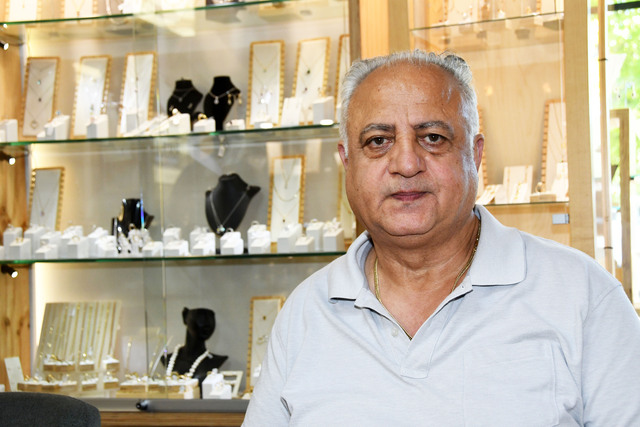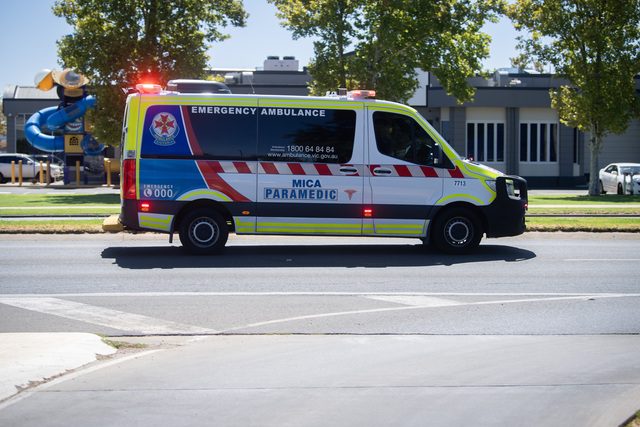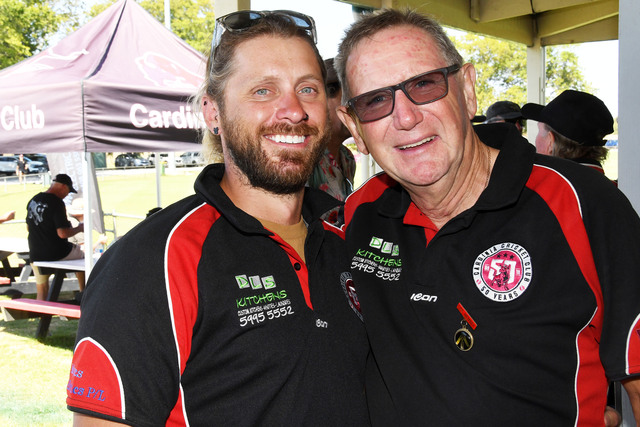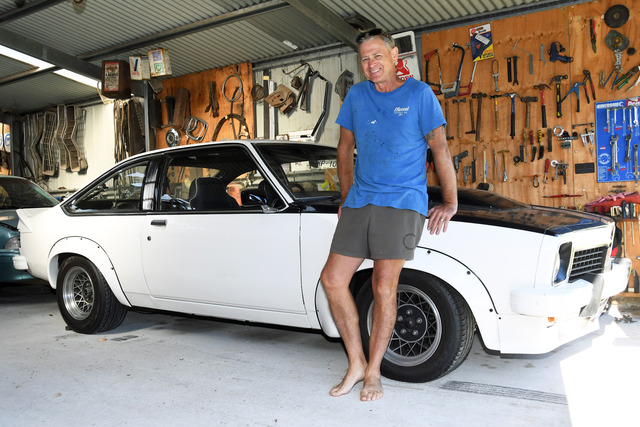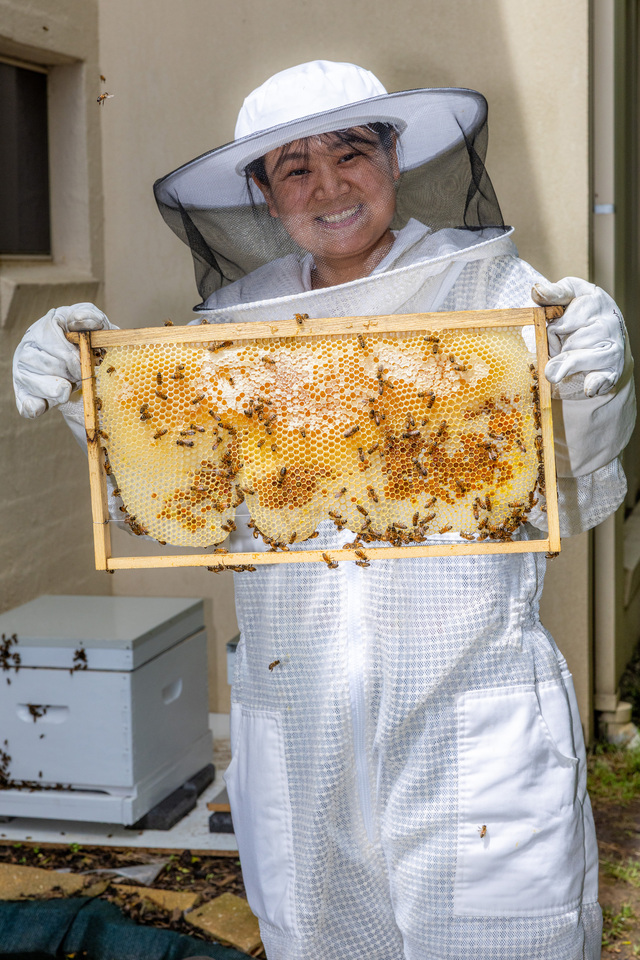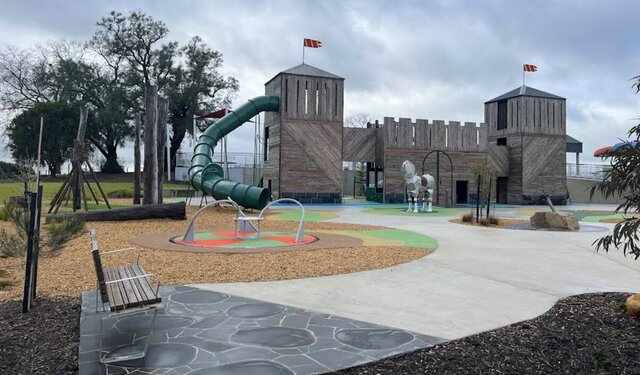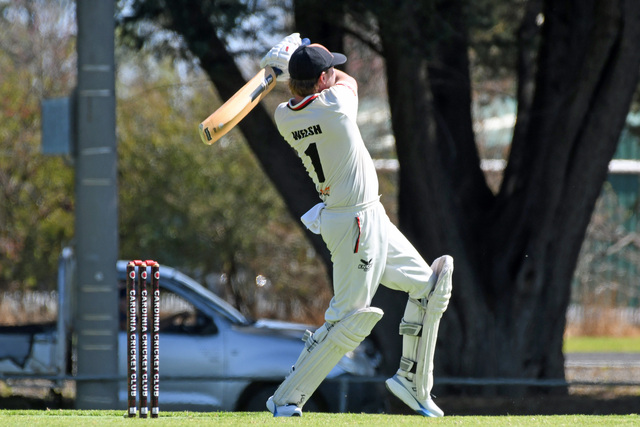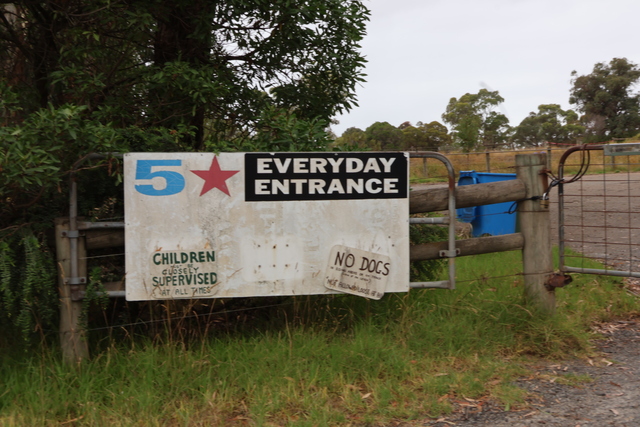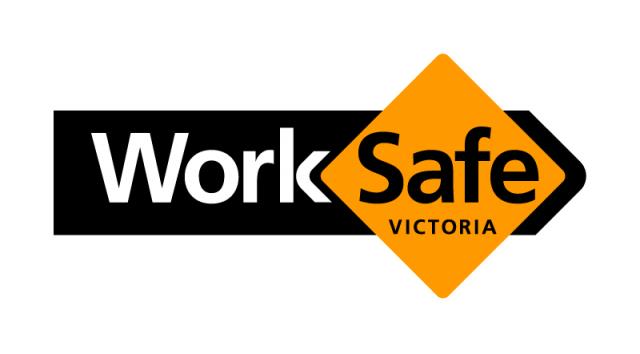By Rebecca Fraser
DOGGY-doo will no longer cause a stink in Casey following recent council plans to force dog owners to dispose of their pets’ poop or face a possible fine.
At its last meeting of 2005, council moved to step up its fight against dog excrement at local parks and recreation reserves.
Council officers moved that they incorporate the requirements to clean up doggy-doo in council’s existing Waste and Litter Reduction Education Program.
It was also resolved that at the next review of Local Law No. 2, consideration should be given to changing a clause that requires people in charge of a dog to carry an appropriate bag or container to dispose of excrement.
Council also moved that officers use the Victorian Litter Action Alliance (VLAA) kit as a guide for the implementation of strategies to reduce dog excrement in Casey’s public areas.
In a further step, $7500 was referred for consideration to the 06/07 budget for a 12-month trial of the installation and maintenance of additional litter bins and bag dispensers in three different parks across Casey.
Last September, Casey mayor Kevin Bradford raised concerns about dog pollution and said excrement had become a problem in many Casey parks.
Cr Bradford said while council wanted to encourage people to use parks to walk their dogs, the problem was remembering to clean up after their dogs “when the natural act occurred.”
He said the mess left parks unsafe and could pose a health problem.
Councillors backed a report to look at various types of dog excrement collection systems, and in December councillors voted to adopt the approach as outlined by the VLAA.
The VLAA has published a kit which contains best practice on dog excrement litter management for councils and some of their suggestions include providing dog owners with personal bag carriers that attach to the dog’s lead so they will never be caught without a bag.
Other suggestions include installing excrement bag dispensers in parks, fencing areas to keep dogs away, educational signage and disposal units.
A council report noted that there were already two bag dispensers installed at Wilson Botanic Park in Berwick which were well used, and the bags and excrement were disposed of in the on-site litter bins.
The City of Frankston has installed 46 bins in reserves and said the bins had been very successful in reducing dog excrement in parks.
At last month’s meeting, River Gum Ward councillor Wayne Smith said the initiative was a good move.
“I hope that this will help dog owners in Casey to be more responsible.
“A lot of dog owners already bring their own bags but this will encourage the practice more,” he said.
From doggy-doo to doggy-don’t
Digital Editions
-

Successful celebrations at week three of Open Space
It was another fun summer hit at Bunjil Place this Saturday. Week three of Casey’s Open Space event celebrated Lunar New Year, with the colourful…

